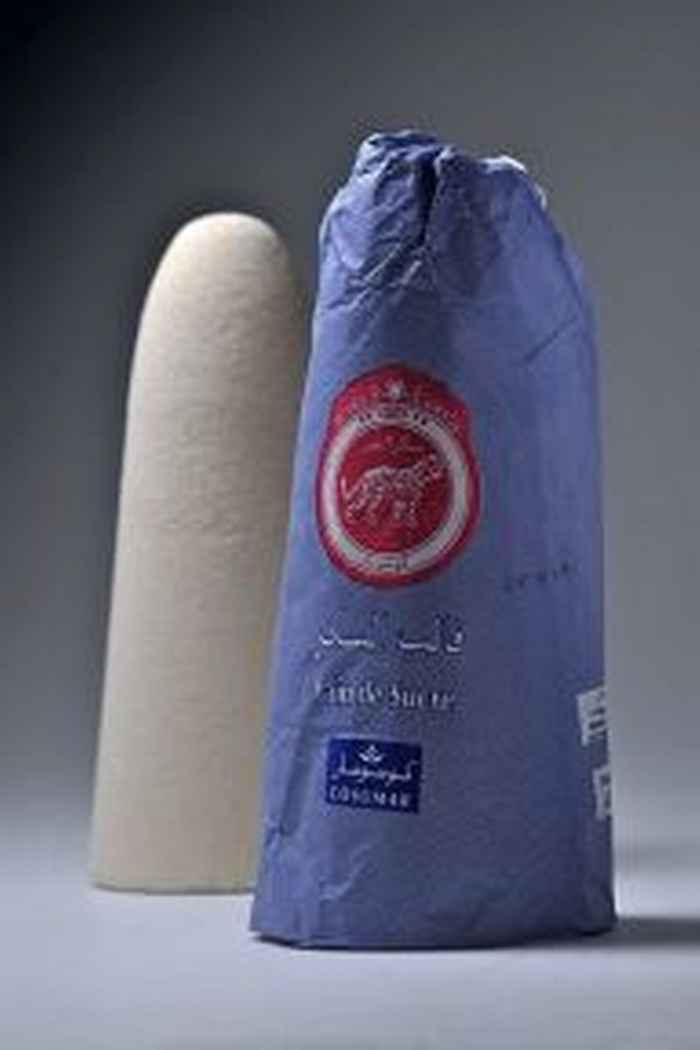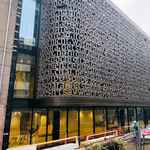ACSEM Object Colloquium: Sugar
- Date
- 9 May 2023
- Time
- 15:30 -17:00
- Location
- University Library
- Room
- Doelenzaal
Indeed, refined sugar represents one of the commodities whose industrial production in plantation societies of the 17th-18th century fostered colonial expansions, foreshadowed the industrial revolution, and deeply influenced world geopolitics, economy, and culture. Though sugar and its derivatives (i.e., sweets) have become essential ingredients in our diet and social interactions (cf., their symbolic use in showing our appreciations to our guests), they have their dark sides as well.
As a linguist, also interested in history, Aboh will discuss how the socio-political and economic legacies of sugar plantation societies of the European colonial expansion still govern our so-called modern world and some taxonomies such as ‘normal language’ versus ‘creole’. These in turn find their way back in common categorizations of the linguistic behaviour of those assumed to be ‘non-native’.
Spoken language: English.
Drinks on location (at the UB) afterwards.
Everyone is welcome at the lecture; registration is not necessary.

Amsterdam Centre for Studies in Early Modernity (ACSEM)
ACSEM is formerly knows as Amsterdam Centre for the Study of the Golden Age. The new name comes with a new annual program - the Object Quolloquia Series. The series has the overarching theme: Exploring the World through the Material Turn. All speakers have taken up the challenge of creating a coherent, interdisciplinary program. Thanks to them, it promises to be a year of in-depth discussion and new acquaintances. The full annual program can be found below.
The Object Quolloquia Series
The Object Colloquia Series explores the world through the material turn. Each interdisciplinary duo of speakers takes one object or product as a point of departure to study and discuss various aspects of Early Modern art, culture, and history. These series are organized by the Amsterdam Centre for Studies in Early Modernity (ACSEM).
